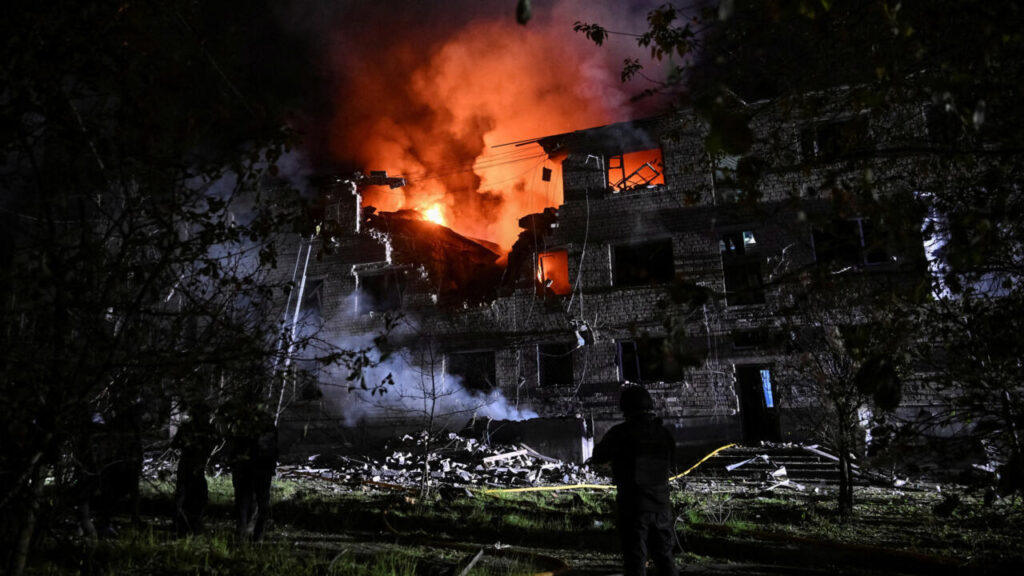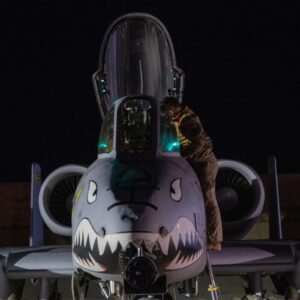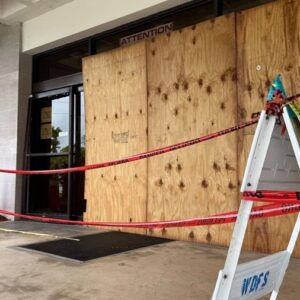Russian drone attacks overnight have struck the southern port city of Odesa and the northeastern city of Kharkiv, killing at least one person and injuring nearly two dozen civilians, including children, according to Ukrainian officials.
Ukrainian President Volodymyr Zelenskyy described the strikes as “targeted terror” and called on the United States and the European Union to increase economic pressure on Russia in response.
“Russia continues its tactics of targeted terror against our people,” Zelenskyy said on Telegram.
Residential Buildings Damaged in Odesa Strikes
A devastating fire broke out in Odesa after Russian drones hit a four-story residential building, causing a partial collapse and injuring three emergency responders. Another blaze ignited the upper floors of a 23-story high-rise, forcing the evacuation of around 600 residents.
Ukrainian emergency services worked through the night to manage the fires and search for additional victims.
AI Manipulation: What My Failed Podcast Taught Me About Trust and Transparency
Kharkiv Suffers Civilian Infrastructure Damage
In Kharkiv, Ukrainian authorities confirmed that eight drones struck civilian infrastructure, injuring four people, including two young girls aged 17 and 12. The Ukraine Emergency Service reported significant damage to residential areas.
Ukraine’s air force said Russia launched 80 Shahed and decoy drones in total, and claimed its air defenses shot down or jammed 70 of them during the overnight assault.

Peace Talks May Resume Amid Ongoing Russian Drone Attacks
Despite the intensified Russian drone attacks, Kremlin spokesperson Dmitry Peskov announced Friday that dates for direct peace talks between Russia and Ukraine may be agreed upon as early as next week.
While Kyiv has not recently commented on resuming dialogue, officials continue to support U.S.-led diplomatic efforts aimed at achieving a ceasefire. The last known meeting between the two countries’ delegations took place in Istanbul on June 2, resulting only in minor agreements on prisoner and wounded soldier exchanges.
Russia Presses On With Summer Offensive
More than three years into the war, Russia shows no signs of de-escalating, continuing its summer offensive along a roughly 1,000-kilometer (620-mile) front line. In addition to front-line advances, Russia has maintained long-range attacks that continue to target civilian zones.
The international community, including NATO members and EU nations, has been closely monitoring the situation, particularly as the civilian toll from drone warfare continues to rise.
Final Thoughts
The Russian drone attacks on Odesa and Kharkiv underscore the ongoing volatility and human cost of the war in Ukraine. As diplomatic discussions potentially resume, the civilian population remains vulnerable to further strikes—highlighting the urgent need for international pressure and effective ceasefire negotiations.






